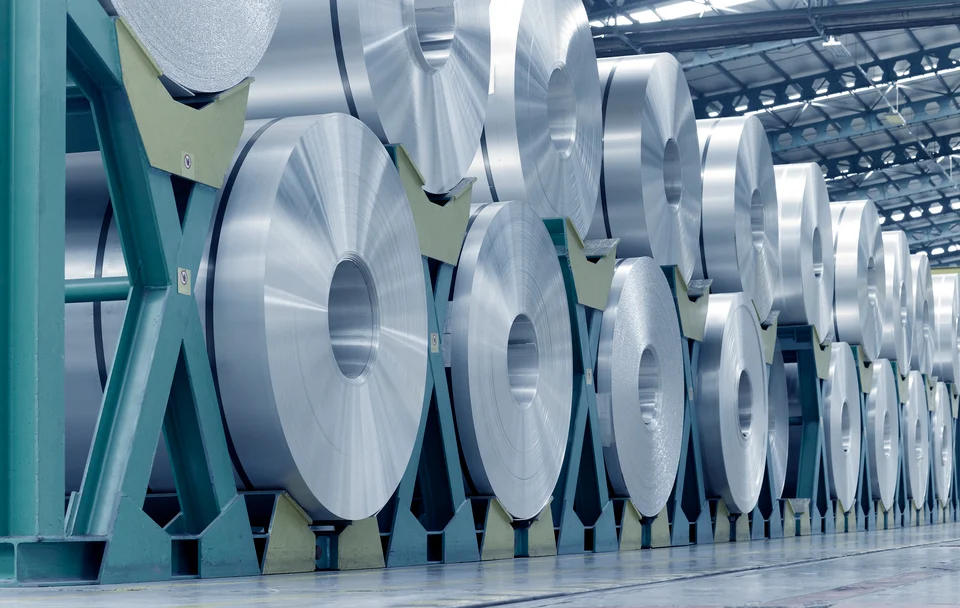In 2023, Brazil successfully regained self-sufficiency in aluminum production, recording a significant 24% increase to reach 1.006 million tonnes.
This achievement, outlined by the Brazilian Aluminum Association (Abal), marks the second consecutive year of growth, following a 5.1% rise in 2022.
The resurgence in production largely stems from the reactivation of the Alumar industrial complex in Maranhão.
This plant recommenced operations in the latter half of 2022, ending a shutdown initiated in 2015.
Janaina Donas, the executive president of Abal, reported positive supply and demand trends within the sector.
She attributed these to a reduction in the basic interest rate and a revival of structural trends boosting metal consumption.

During the 9th International Aluminum Congress, Donas highlighted Brazil’s extensive role in the aluminum industry, from bauxite mining to aluminum recycling.
She challenged the perception of Brazil as just a commodity exporter, emphasizing its deep industry involvement.
The aluminum industry is crucial for the energy transition due to its high recyclability and superior electrical conductivity.
These properties position aluminum for potential growth in the energy and transportation sectors.
Brazil’s Aluminum Industry Achieves Self-Sufficiency Amid Global Shifts
From 2022 to 2025, Brazil plans to invest R$30 ($6) billion in the sector, anticipating further demand growth.
Miles Prosser, Secretary-General of the International Aluminium Institute, suggested that rising living standards in Brazil are likely to increase aluminum consumption.
He emphasized Brazil’s advantageous position for supplying high-value-added aluminum, driven by its clean energy matrix and strong domestic market.
Aluminum consumption globally is poised to expand, particularly fueled by the transition to renewable energy sources.
However, the industry faces challenges such as international trade tensions and competitive pressures, especially from an oversupply in global markets, primarily from China.
In response, nations such as the United States and European countries are implementing measures like the Inflation Reduction Act.

